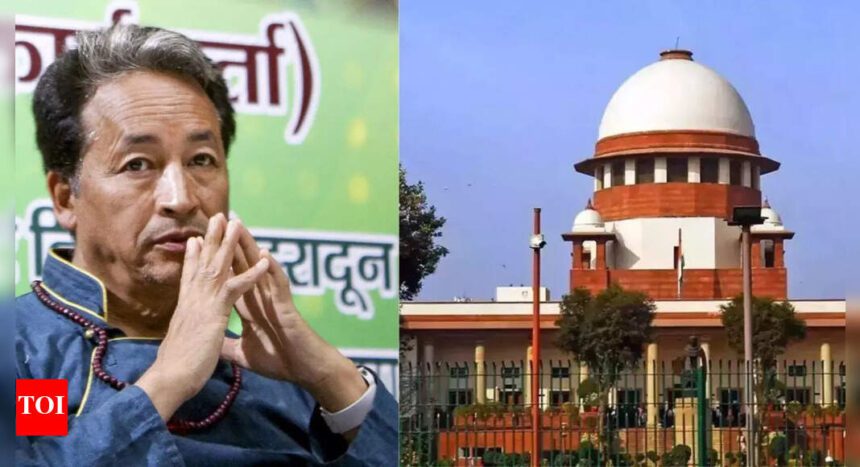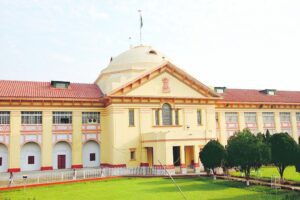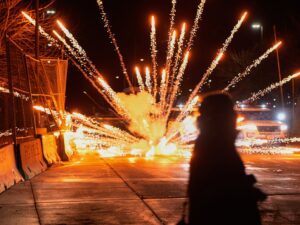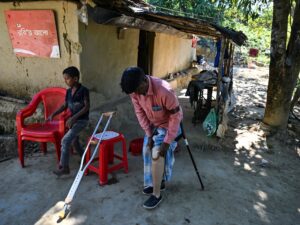The Supreme Court of India issued a notice to the NDA-led central government and the Ladakh Union Territory on a petition challenging the detention of Sonam Wangchuk, a prominent climate activist, following violent protests in Ladakh that resulted in four fatalities. The court is examining a plea filed by Wangchuk’s wife, Gitanjali J Angmo, who seeks his immediate release from detention under the National Security Act (NSA), as reported by PTI.
During the proceedings, Solicitor General Tushar Mehta, representing the government, stated that the proper legal procedures were followed and that the grounds for Wangchuk’s detention were provided to him. However, Justices Aravind Kumar and NV Anjaria declined to order the disclosure of these grounds to Wangchuk’s wife and scheduled the next hearing for October 14.
Wangchuk was detained on September 26, shortly after protests erupted in Leh over demands for statehood and the inclusion of Ladakh under the Sixth Schedule of the Constitution. Consequently, he was transferred to a prison in Jodhpur, Rajasthan, where he faces allegations of inciting violence. At the time of his arrest, he was leading a hunger strike advocating for statehood for Ladakh, a Union Territory formed in August 2019. A portion of the protesters, primarily younger individuals, broke away from largely peaceful demonstrations, leading to clashes with security forces.
Following his arrest, Angmo has appealed to the Supreme Court for his release and has also reached out to President Droupadi Murmu, seeking intervention on behalf of her husband. In a letter addressed to the President, she characterized the actions against Wangchuk as a “witch-hunt” in response to his advocacy for the local populace over the past four years and expressed concern over his current conditions.
Angmo, who serves as CEO of the Himalayan Institute of Alternatives Ladakh (HIAL), criticized the central government, alleging police brutality against the people of Ladakh after the September 24 unrest. She compared the current conditions in Ladakh to those during British colonial rule, claiming that the Union Home Ministry is “misusing” the local police forces. In her letter, she remarked, “Is India really free? In 1857, 24,000 Britishers used 135,000 Indian sepoys to oppress 300 million Indians under orders from the Queen. Today, a dozen administrators are misusing 2400 Ladakhi police to oppress and torture 3 lakh Ladakhis under the orders of the MHA.”










